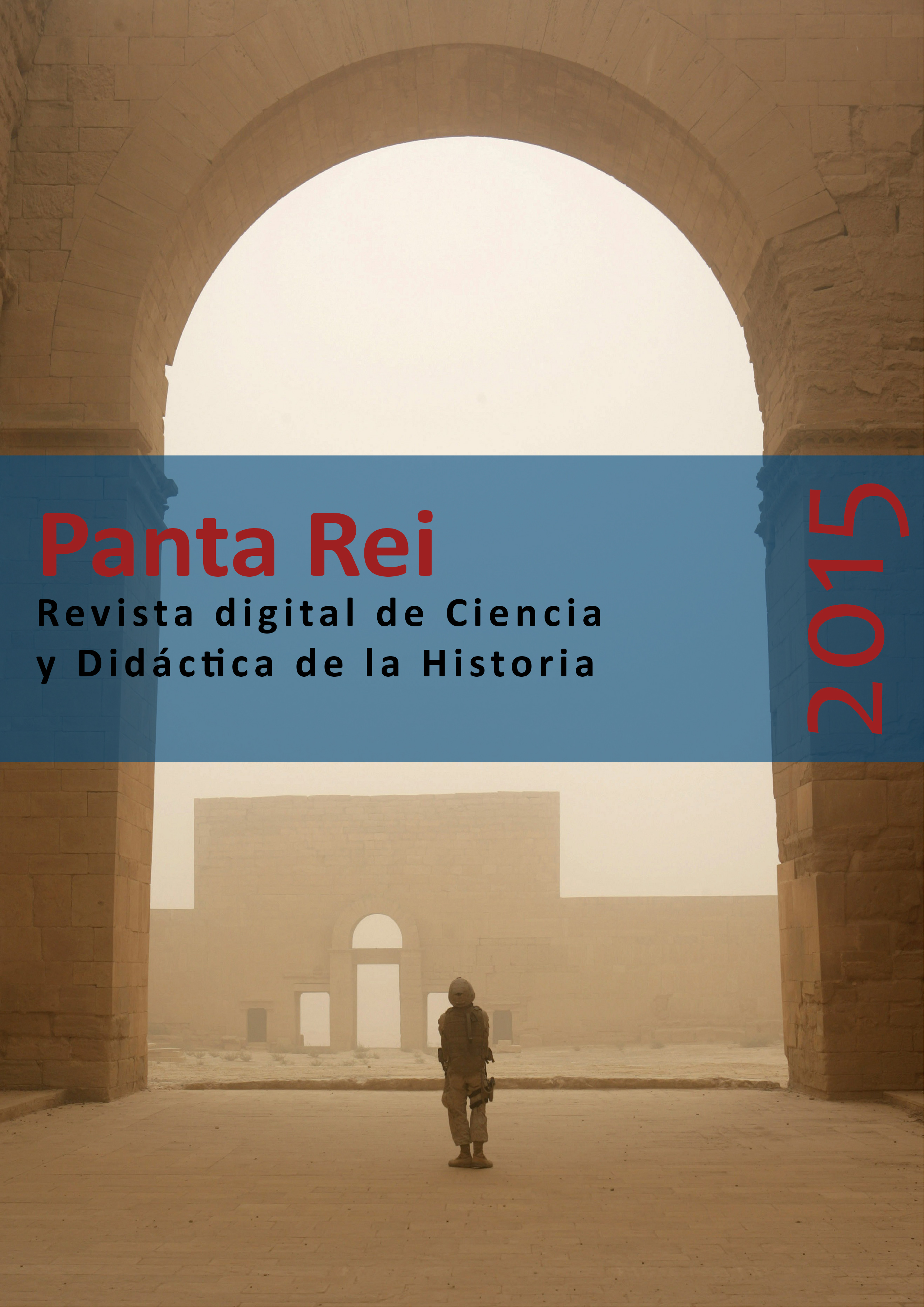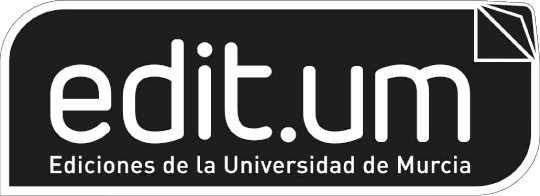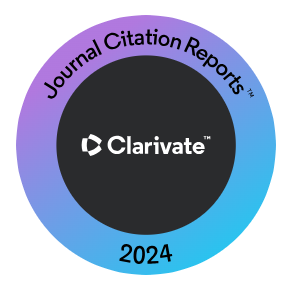Las trabas para una formación arqueológica inclusiva
Resumen
La formación arqueológica se realiza en España, principalmente, en las universidades ya sea en sus aulas o en una excavación. Si añadimos la palabra inclusiva estamos hablando de formar a arqueólogos con algún tipo de discapacidad.
Este artículo reflexiona sobre los factores que intervienen en la actualidad para la formación arqueológica a estudiantes con discapacidad. Se trata la legislación vigente sobre igualdad y el derecho a la formación. La figura de la Universidad como institución que une a la diversidad para detectar y potenciar los talentos diferentes que necesita la sociedad.
Se consideran los factores que intervienen en la formación práctica arqueológica y su didáctica por parte del profesorado y finalmente se reflexiona sobre las posibles trabas que la propia tradición académica arqueológica introduce en dicha formación.
Descargas
-
Resumen532
-
PDF154
Citas
Abad, L. (1995). Arqueología, universidad e investigación. Actes de les Jornades d´Arqueologia (pp. 303-313). Valencia.
Egea Vivancos, A. y Arias Ferrer, L. (2013). IES Arqueológico. La arqueología como recurso para trabajar las competencias básicas en la educación secundaria. Clío. History and History teaching, 39. Recuperado de http://clio.rediris.es/n39/recursos/egeaarias.pdf
Esquembre Bebiá, M. A. y Ortega Pérez, J. R. (2001). Arqueología y empresa. Actas de las jornadas de arqueología y patrimonio alicantino (pp. 87-102). Alicante: Diputación Provincial de Alicante. Recuperado de http://dprha.ua.es/es/documentos/noticias/ii-jornadas-de-arqueologia-ypatrimonio-alicantino.pdf
Espinosa Ruiz, A. y Bonmatí Lledó, C. (2013). Manual de accesibilidad e inclusión en museos y lugares del patrimonio cultural y natural. Gijón: Ed. Trea.
Everill, P. (2007). A day in the life of a training excavation: teaching archaeological fieldwork in the UK. World Archaeology, 39 (4), 483-498.
González Álvarez, D. (2013). Las“excavaciones de verano”: forjando superarqueólogos fácilmente precarizables. Arkeogazte, 3, 201-219.
González Rubial, A. (2011). El desastre académico de la arqueología. El futuro de la arqueología en España (pp. 99-104). Madrid: Jaime Almansa Sánchez (Ed.). Arqueología.
Gutiérrez Lloret, S. (2011). La arqueología ensimismada. El futuro de la arqueología en España (pp. 111-117). Madrid: Jaime Almansa Sánchez (Ed.).
Hillmann, K.-H. (2009). Diccionario Enciclopédico de Sociología. Barcelona: Ed. Herder.
Ruiz Zapatero, G. (2005). ¿Por qué necesitamos una titulación de arqueología en el siglo XXI? Complutum, 16, 255-269.
Ruiz Zapatero, G. (2009). La divulgación arqueológica: las ideologías ocultas. Cuadernos de Prehistoria y Arqueología de la Universidad de Granada, 19, 11-36.
Pérez Bueno L. C. (2010). Discapacidad, Tercer Sector e Inclusión Social. Comité Español de Representantes de Personas con Discapacidad, 47, 147-162.
Praga-Dans, E. y Varela-Pousa, R. (2011). Caracterización socioeconómica de la Arqueología Comercial española. Resultados de la primera encuesta nacional dirigida a empresas del sector. Complutum, 22 (1), 9-25.
Wing, L. (1981). Asperger’s syndrome: a clinical account. Psychological Medicine, 11, 115-129.
Derechos de autor 2015 Ana Samaniego Espinosa

Esta obra está bajo una licencia internacional Creative Commons Atribución-CompartirIgual 4.0.
Todos los contenidos publicados en nuestra revista están sujetos a una licencia Atribución 4.0 Internacional (CC BY-SA 4.0) de Creative Commons. Usted es libre de compartir (copiar y redistribuir el material en cualquier medio o formato) y adaptar (remezclar, transformar y crear a partir del material para cualquier finalidad, incluso comercial), bajo los siguientes términos:
Reconocimiento: Debe reconocer adecuadamente la autoría, proporcionar un enlace a la licencia e indicar si se han realizado cambios. Puede hacerlo de cualquier manera razonable, pero no de una manera que sugiera que tiene el apoyo del licenciador o lo recibe por el uso que hace.
CompartirIgual: Si remezcla, transforma o crea a partir del material, deberá difundir sus contribuciones bajo la misma licencia que el original.
El texto completo de la licencia se puede consultar en: Licencia Creative Commons












